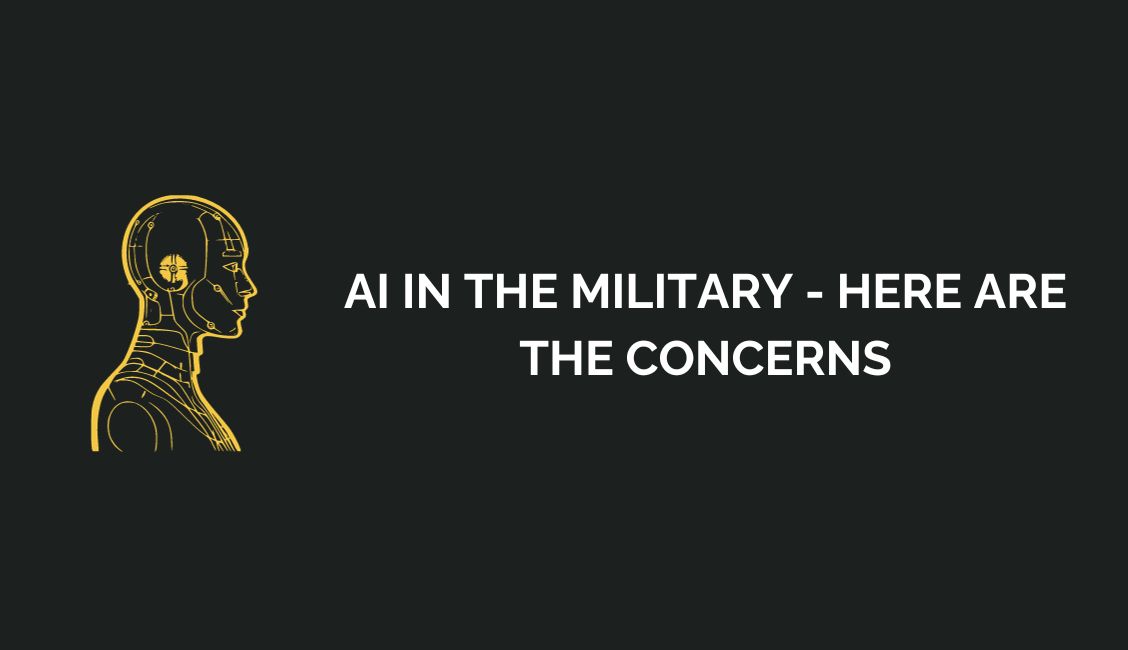Artificial Intelligence (AI) has become an integral part of technology for various industries, and the government is no exception. As defense forces worldwide embrace AI for enhanced efficiency and strategic advantage, concerns arise about the potential vulnerabilities it introduces. Let’s delve into the intricate relationship between AI in the military and the imperative for companies providing post-quantum cybersecurity software.
The Rise of AI in Government Operations
AI is revolutionizing government operations by offering unprecedented capabilities like autonomous systems, predictive analysis, and enhanced decision-making. Military planners increasingly leverage AI to process vast amounts of data, enabling quicker and more informed decision-making on the battlefield. Autonomous drones, predictive maintenance, and cyber warfare are examples of how AI transforms modern warfare.
Integrating AI into the government provides numerous advantages but raises ethical, legal, and security concerns. One of the foremost challenges is the potential for AI systems to be exploited or manipulated by adversaries, leading to unintended consequences and escalating conflicts.
Concerns Surrounding AI in Military Operations
The deployment of autonomous weapons systems, guided by AI, poses ethical dilemmas and challenges the traditional notions of accountability in armed conflicts. The ability of AI to make split-second decisions without human intervention raises concerns about the potential for unintended consequences, including civilian casualties and damage to infrastructure. Companies providing AI solutions for military applications must grapple with these ethical considerations and work towards establishing clear guidelines for the responsible use of autonomous systems.
Further, as all government operations become increasingly dependent on interconnected digital systems, the vulnerability to cyber threats escalates. Malicious actors can target AI-powered systems to disrupt communication channels, manipulate data, or even take control of critical infrastructure. Especially as technologies like quantum computing advance, there are more intelligent and severe risks to using AI in war.
AI algorithms can perpetuate and exacerbate existing biases if not correctly designed and trained. In military applications, biased decision-making by AI systems could lead to unfair targeting, discrimination, or unintended escalation of conflicts. Companies must address bias in AI models, ensuring they are developed and tested with diverse datasets to mitigate the risk of discriminatory outcomes.
Lastly, the “black box” nature of some AI systems, where the decision-making process is not easily explainable, raises concerns about accountability and transparency. In government operations, policymakers must understand how AI arrives at certain decisions. Companies developing AI solutions for the government must prioritize explainability, enabling users to comprehend and trust the decisions made by these systems.
How to Mitigate These Risks
The field of quantum computing is advancing rapidly, and with it comes a potential threat to traditional cryptographic methods. Quantum computers can break widely used encryption algorithms, leaving sensitive government communications and data vulnerable to interception and exploitation. Investing in encryption methods resilient to quantum attacks is vital to ensuring the integrity and confidentiality of government communications.
Another critical intersection in cybersecurity is the incorporation of AI technology. By integrating AI into military infrastructure, companies can better safeguard against evolving threats such as adversarial attacks, data manipulation, and unauthorized access. However, this integration also requires advanced encryption techniques to ensure the confidentiality of sensitive information.
AI users must consider ethical implications. Responsible development and deployment of cybersecurity solutions involve ensuring that AI technologies are not used for malicious purposes. Ethical frameworks prioritizing transparency, accountability, and adherence to international norms are essential in developing and using post-quantum cybersecurity solutions in government contexts. It is necessary to consider the potential consequences of these technologies and take measures to prevent their misuse.
As AI becomes increasingly ingrained in military operations, the need for robust cybersecurity measures is paramount. Striking a balance between the advantages of AI in the military and the potential risks requires a collaborative effort from technology developers, policymakers, and ethical practitioners to ensure a secure and responsible future. In navigating the nexus of AI in the government, the imperative for post-quantum cybersecurity is clear: to safeguard against emerging threats and uphold the ethical principles that underpin responsible technological advancement.
At Quantum Knight, we are 100% invested in cybersecurity. Our software solutions are preparing organizations and teams to seamlessly move into the quantum era. Our ICE-IT software is performant, proactive, and personalized protection, delivering everything you could need for now and your future:
- Post-quantum strength from 512 to 10,240-bit keys
- Blazing fast single millisecond encryption speeds
- Biometric or token MFA built right into the key
- NIST FIPS-140-2 validated cryptography
- Built on IEC 62351 / GOOSE-compliant cyber architecture
To test the software free, Quantum Knight is offering a free trial for a short time only. Click through now: www.quantumknight.io.
